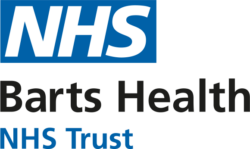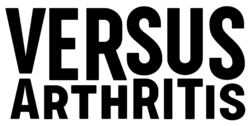Evaluating a cancer screening service for trans and non binary people
The challenge
Cervical cancer is preventable through regular screening, and yet despite this it remains the fifth most prevalent cancer in the world.
In the United Kingdom, anyone aged 25-64 with a cervix is eligible for screening, and that includes trans men and non-binary people provided they have not had a full hysterectomy. People should be offered cervical screening every 3 to 5 years depending on their age. However, evidence suggests that trans men and non-binary people (TMNB) are less likely to engage with cervical screening services.
The ‘No Barriers’ Cervical Screening project is a dedicated cervical screening clinic for trans men and non-binary people in England. Kaleidoscope was asked to design and carry out an evaluation of the service, and understand whether the ‘No Barriers’ programme successfully engaged TMNB people in cervical screening.
Our approach
In order to examine if the ‘‘No Barriers’ programme was successfully engaging TMNB people in cervical screening, we used primarily qualitative data collection methods, including semi-structured key informant interviews and semi-structured group interviews.
We co-designed the discussion guides with representatives from the TMNB community to ensure that the interviews were sensitive and accessible and engaged participants using existing trusted social media community channels.
We spoke with both service users and project team members including service providers and members of the wider ‘No Barriers’ partnership
The impact
Our evaluation found that the ‘No Barriers’ project is successfully meeting its objective to provide essential healthcare services to trans men and non-binary people and reduce their risk of cancer. The service meets needs of a community that would otherwise have gone unaddressed and service users’ experiences were overwhelmingly positive.
The clinic has seen rising attendance figures, and to meet increasing uptake, additional nurses have been trained in the clinic to ensure there is extra capacity and expertise. The service is now fully embedded within the 56 Dean Street sexual health clinic, following additional national funding.
The ‘No Barriers’ service has raised awareness around the unmet needs of TMNB people within healthcare and helped to foster a constructive conversation with stakeholders, including ICSs and third sector organisations about how these health inequalities can be tackled and support services implemented.





